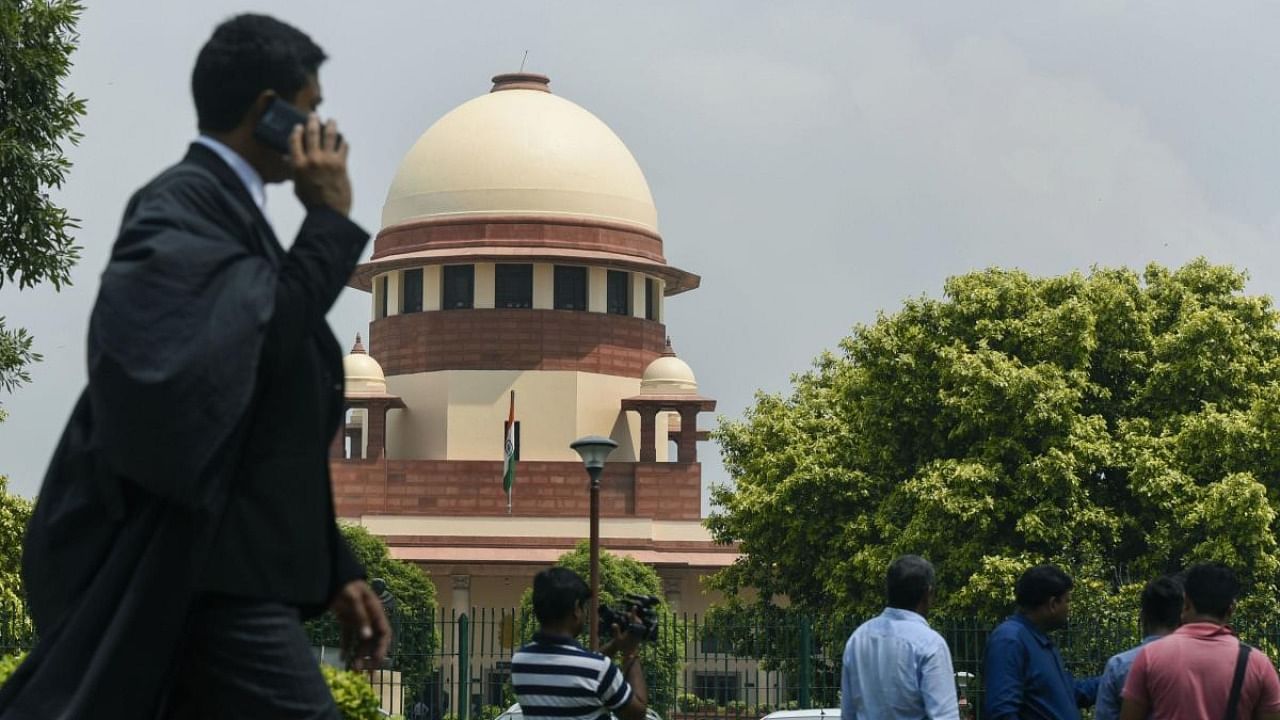
The Supreme Court on Monday decided to look into a plea by National Commission for the Protection of Child Rights (NCPCR), questioning the validity of a Punjab and Haryana High Court’s judgment that validated the marriage of a 16-year-old girl under the Muslim Personal Law.
According to the children’s rights body, the high court, in its ruling, had upheld that a Muslim girl after obtaining puberty, or being 15 years old or above, can get married irrespective of the provisions of the Protection of Children from Sexual Offences Act (POCSO).
Solicitor General Tushar Mehta, appearing for the NCPCR, submitted before a Bench, of Justices Sanjay Kishan Kaul and Abhay S Oka, that it was an important issue as to whether a court could pass an order against the penal provisions.
“As per Article 195 from the book ‘Principles of Mohammedan Law by Sir Dinshah Fardunji Mulla’, every Mahomedan of sound mind, who has attained puberty, may enter into a contract of marriage, and puberty is presumed, in the absence of evidence, on completion of the age of fifteen years,” the high court had said.
The apex court said it would issue notice to the state, and the others, and appointed senior advocate Rajshekar Rao as amicus curiae in the matter.
Mehta also clarified he was not against the protection granted to the Muslim couple.
It was submitted before the top court that the Punjab and Haryana High Court’s judgment would have a serious impact on the ban of child marriages, and the POCSO Act.
Mehta also sought a stay on the two paragraphs of the high court’s order.
The Bench, however, said it would hear the matter and posted it for consideration on November 7.
The NCPCR approached the top court against a June 13 order by a single judge bench of Jasjit Singh Bedi.
NCPCR’s petition claimed the high court’s order essentially allowed a child marriage in violation of the Prohibition of Child Marriage Act, 2006.
The NCPCR contended that sexual intercourse with a minor girl is sexual assault as per POCSO Act and this cannot change due to marital status of the child.
The high court’s judgment leads to endorsing child marriage. Further, the high court can’t ignore other statutory laws, even if the Muslim personal law considers that the someone attaining puberty makes her eligible for marriage, NCPCR’s plea said.
